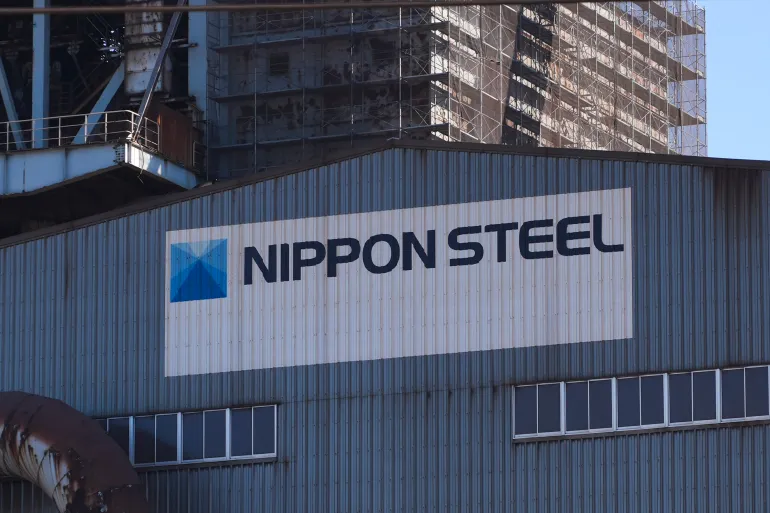Washington, D.C. – Former United States President Donald Trump’s recent support for Nippon Steel’s $14.9 billion acquisition of US Steel is being viewed as a pivotal development in US–Asia economic relations, potentially redefining the contours of industrial cooperation between the two nations.
Trump’s approval, shared via social media on Friday, spurred a 21% surge in US Steel’s stock, signaling investor optimism and diminishing regulatory uncertainty over the high-profile cross-border transaction.
“This will be a planned partnership between United States Steel and Nippon Steel, which will create at least 70,000 jobs and add $14 billion to the US economy,” Trump wrote on his Truth Social platform.
The Japanese conglomerate welcomed the endorsement, reiterating its commitment to invest $14 billion in US Steel’s operations, including up to $4 billion allocated to building a new steel plant. According to Trump, most of this investment is projected to take place within the next 14 months.
Analysts across the Asia-Pacific region have noted the strategic implications of the deal. At a time when economic nationalism is on the rise, this agreement illustrates the enduring value of bilateral industrial cooperation. It also demonstrates how Japanese investment continues to play a vital role in the revitalization of key American industries.
Politically, the deal had stirred controversy in the United States, particularly in swing states like Pennsylvania, where fears of job losses due to foreign ownership loomed large. However, with Senator Dave McCormick of Pennsylvania describing the deal as a “victory for America,” it appears bipartisan consensus may be forming around the economic upside of this partnership.
The Committee on Foreign Investment in the United States (CFIUS) reportedly confirmed that national security concerns can be mitigated, paving the way for executive approval. This key development places the final decision-making authority squarely on Trump’s desk, where it has now received a positive signal.
Beyond the corporate implications, the transaction could mark a turning point in US–Japan trade relations. It reflects a renewed confidence in Japan’s role as a strategic industrial partner, while also suggesting a more open US stance toward cross-border investments in critical manufacturing sectors.
With the proposed buyout set to remove US Steel from public markets, industry observers are watching closely to see how the agreement could serve as a blueprint for future partnerships between ASEAN economies and US-based manufacturers.







